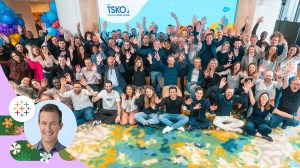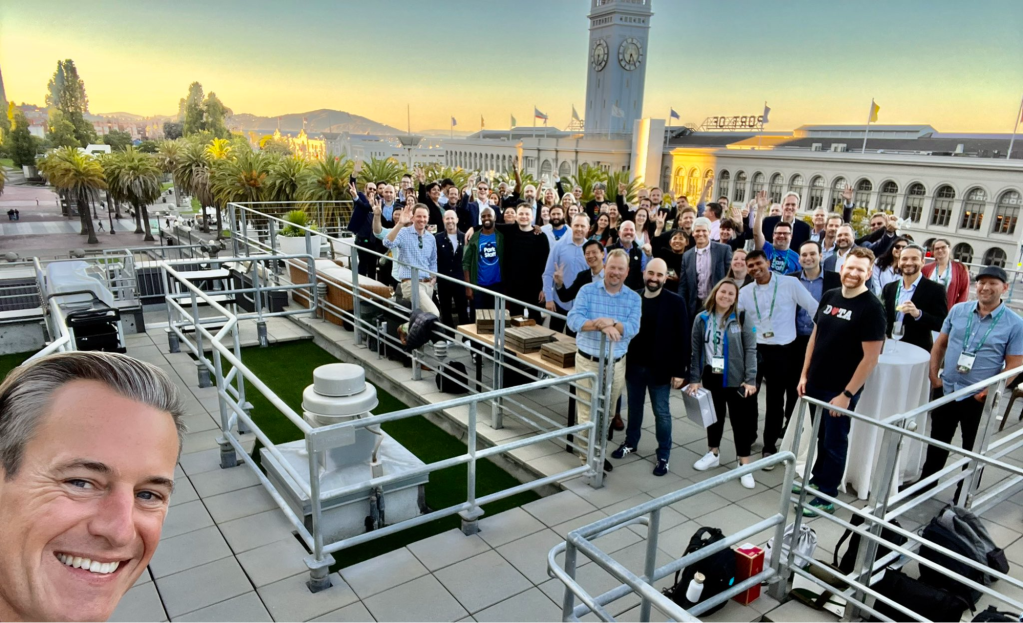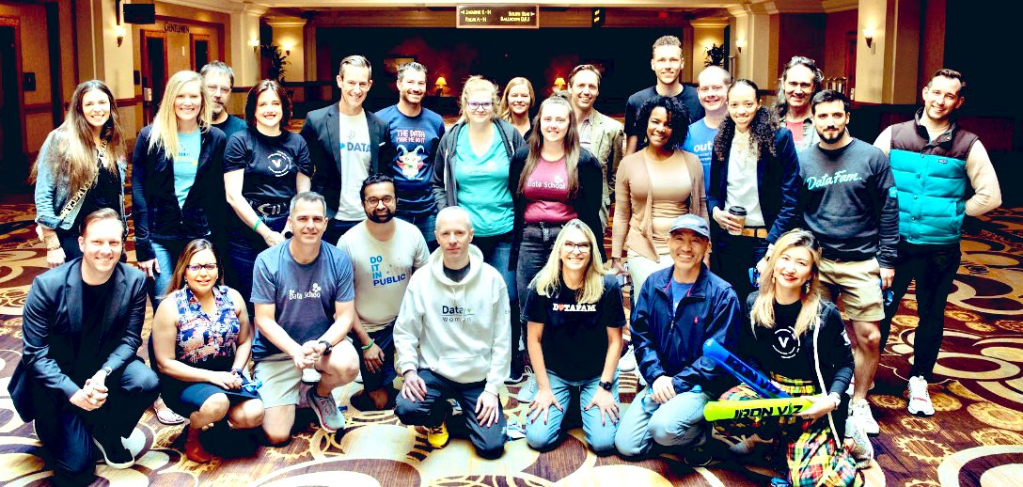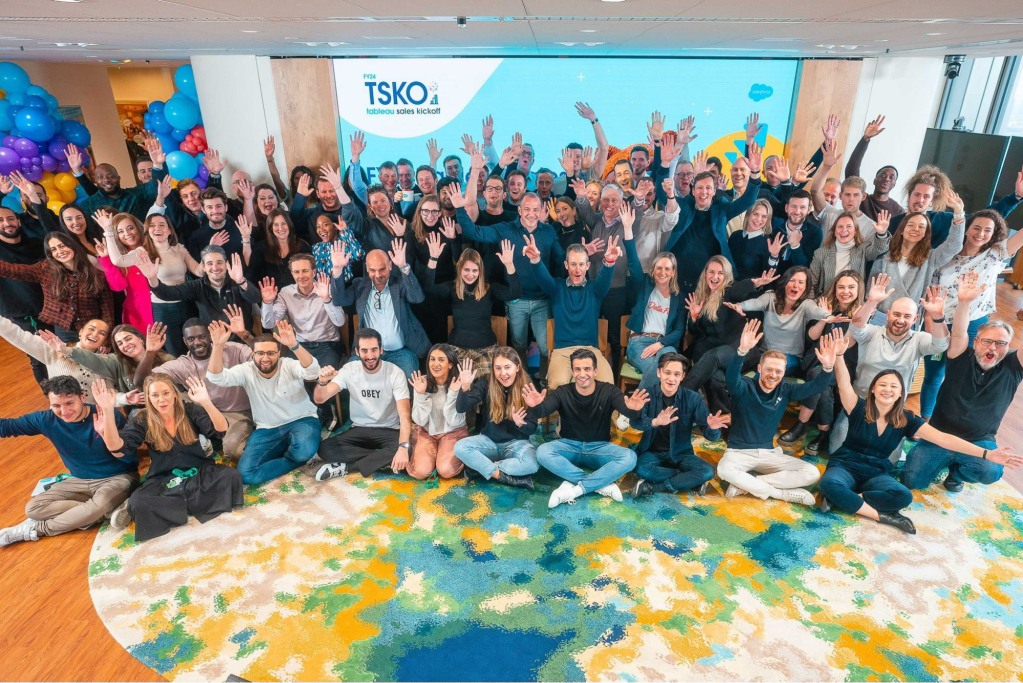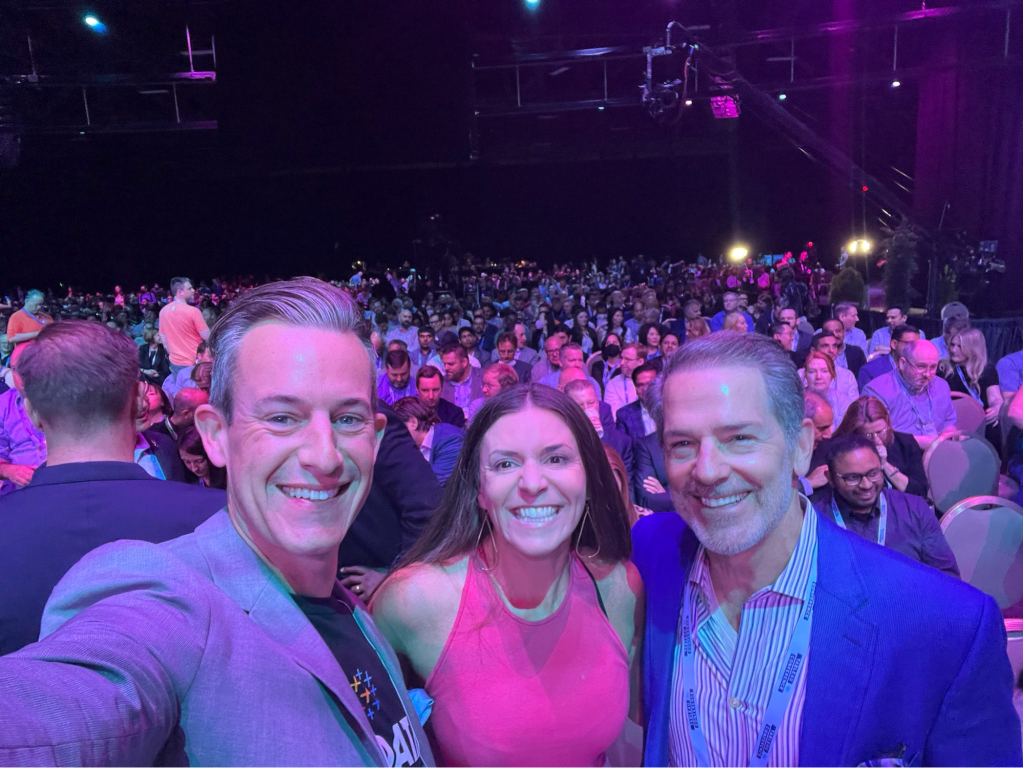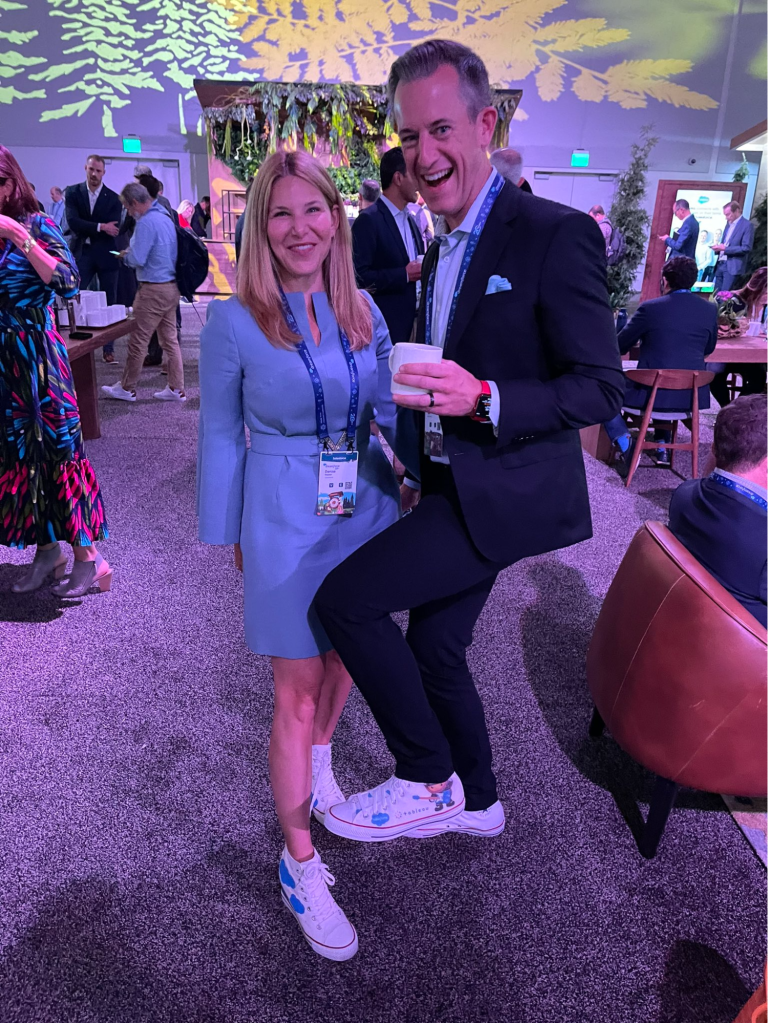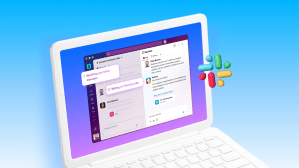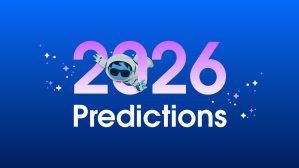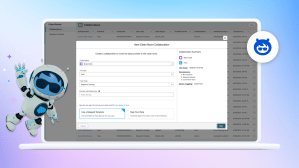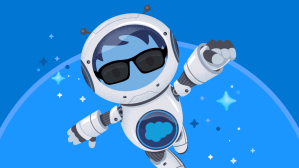Tableau is known as a leader in data and analytics, in part because it’s been innovating – and even disrupting – the practice since 2003.
We caught up with Tableau’s new CEO, Ryan Aytay, to discuss what’s on the horizon for the company, his history with Salesforce, and the increasing importance of data and analytics in the new era of generative AI.
Q. Salesforce acquired Tableau in 2019, and you joined the Tableau team in December of 2021 as Chief Revenue Officer. What changes has Tableau undergone in that time?
Like every company, Tableau is on a journey, and we’ve had some incredible innovations in our 20-year history. One of the largest — and most positive — is Tableau becoming an integral part of the Salesforce Customer 360, and that’s only accelerated since I joined.
As an example, think of our integration into the Salesforce Data Cloud for Tableau. Data Cloud connects all of your data, including data from Salesforce, from any app or device, so you can create a unified, real-time customer profile. Tableau is the data visualization and business intelligence layer on top of Data Cloud, allowing you to act on that data in real time and at scale.
That’s just one example though, and I’m really excited about all the new capabilities we’ll be debuting this year.
Q. What differentiates Tableau in the marketplace?
First and foremost is the amazing Tableau Community — known to many as the DataFam. There are more than two million members in the community, and more than three million profiles on Tableau Public. They are true artisans of data and bring analytics to life with Tableau and this continues to impress me every day. The community also helps to guide and inspire not only Tableau, but also our customers in terms of product roadmap, usability, and more.
They are true artisans of data and bring analytics to life with Tableau and this continues to impress me every day.
Tableau is also the leader in analytics and BI platforms, and we’re deeply integrated into the world’s #1 CRM, which is of course, Salesforce. We’re not built not only for analysts but also for business users, and we’re continuing to innovate across the board to make the product better, faster, and easier to use for everyone. In fact, we delivered more than 120 new capabilities in 2022 alone.
When you look at the world around us, data and analytics have never been more relevant due to the pace of data being created and the movement toward generative AI. To harness all your data in a trusted and safe way, and then use it to make decisions like how to grow your business, reduce costs, or improve productivity, you need Tableau.
Q. How does generative AI fit into the data and analytics picture?
Every single customer I speak with wants to talk about data and generative AI, and the shift is both incredibly exciting and also fast paced. Generative AI will make people across many industries and professions more productive and also make data and analytics more accessible to many.
Of course, in this fast-paced world, we need to be mindful of the potential risks with generative AI and how to help companies apply it in a trusted and safe way. Trust has always been Salesforce’s number one value; we’re using in-house technology to help us build and train our generative AI in a responsible manner, and it’s important for any organization exploring AI to create guardrails to prevent risk or harm.
Q. What excites you about the opportunity to lead Tableau?
I’m excited to continue to work directly with the community, our customers, our partners, and our employees, not only to be inspired, but to lead them to the next horizon. The next horizon includes Salesforce and our Data Cloud but also continues to build on Tableau’s core foundation of helping people see and understand data.
I also see many opportunities to bring Tableau to more Salesforce customers, empowering them to be more data-driven across their CRM experiences. Every company needs to be data-driven, and the companies that succeed in the future will be those who can harness their data, apply AI, visualize, and act.
Every company needs to be data-driven, and the companies that succeed in the future will be those who can harness their data, apply AI, visualize, and act.
Q. You’ve been at Salesforce for 16 years. What’s been your proudest moment?
In March of 2020, I got a call from [Salesforce CEO] Marc Benioff. The University of California San Francisco (UCSF) health care system was already running low on personal protective equipment (PPE) and had called Marc asking if he could help. Marc asked me if I could lead an effort to find trusted suppliers that could quickly provide masks, gowns, face shields, and swabs, and then get those supplies distributed immediately.
At the time, the world was shut down, so we assembled a remote 25-person team and completely realigned to focus exclusively on the PPE effort. We had to be agile; and at one point I had almost 10,000 KN95 masks in my garage that we personally drove to local hospitals. Over a period of a few months, we managed to procure approximately 60 million pieces of PPE and distribute them to more than 500 healthcare institutions across the globe. It was one of the most difficult yet rewarding things I’ve done in my career to date.
More information
- Watch Tableau Conference on Salesforce+
- Grow your data skills with the Data Literacy Trailhead
